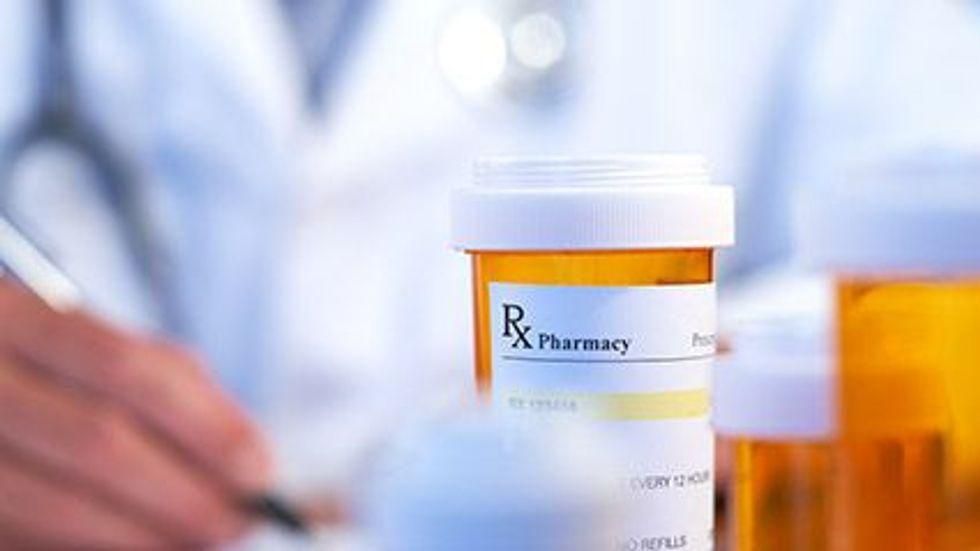FRIDAY, July 30, 2021 (HealthDay News) — As many Americans know, today’s health insurance plans often come with high deductibles. Those out-of-pocket costs could cause harm: New research shows that 20% of people who have diabetes and high-deductible health plans regularly skip their medications.
Not keeping up with your diabetes medications comes with the potential risk of an emergency room visit or a hospitalization.
Compared to people without high-deductible health plans, people with high deductibles are also 28% more likely to not take their medicines on time due to cost, the new study found.
“Taking prescribed medications is essential for maintaining good health for patients with diabetes,” stressed study author Dr. Vikas Gampa, a primary care doctor at Massachusetts General Hospital and instructor in medicine at Harvard Medical School. “Our results show that high-deductible health plans, particularly in this period of escalating prices for diabetes medication, are discouraging patients from getting the medications they need and thus they are placing patients with diabetes at risk.”
High-deductible health plans require patients to pay for all care until they reach the plan’s deductible. Insurance begins to cover medical costs after the patient pays the deductible, typically $1,300 for an individual or $2,600 for a family. These plans now comprise half of all commercial health insurance plans.
The researchers examined U.S. federal survey data on more than 7,000 adult patients with diabetes who were enrolled in a commercial health insurance plan. They looked for how often patients reported not taking their prescription medication because they could not afford it, comparing both the traditional and the high-deductible patients.
Roughly 25% of high-deductible plan enrollees who take insulin for diabetes could not afford their medication, compared to 19% of those with traditional plans, the study found. That’s a 31% higher rate.
Researchers also found that diabetic patients who could not take their medications as prescribed were more likely to have one or more emergency department visits and potentially more hospitalizations per year than patients who did not skip medicines.
“Putting up financial barriers to care in order to save plans money — as high-deductible plans do — not only takes a medical toll on patients, it is also short-sighted because doing so actually increases other health care costs such as covering emergency department visits,” Gampa said in a Harvard news release.
The findings were published online July 29 in the Journal of General Internal Medicine.
“Patients with diabetes should recognize that a high-deductible plan will put them at risk for missing or delaying their medications, and doctors need to recognize that their patients with these plans may not be able to adhere to treatment plans,” said study senior author Dr. Danny McCormick, an associate professor of medicine at Harvard Medical School and a primary care physician at the Cambridge Health Alliance.
“Ultimately, policymakers need to enact reforms that discourage health plans from implementing financial barriers that block access to needed care, such as high-deductible plans,” McCormick said in the release. “Our results suggest that policymakers must enact reforms that control rapidly escalating prices for diabetic medications.”
More information
The American Diabetes Association has more on diabetes.
SOURCE: Harvard Medical School, news release, July 29, 2021
Copyright © 2024 HealthDay. All rights reserved.

